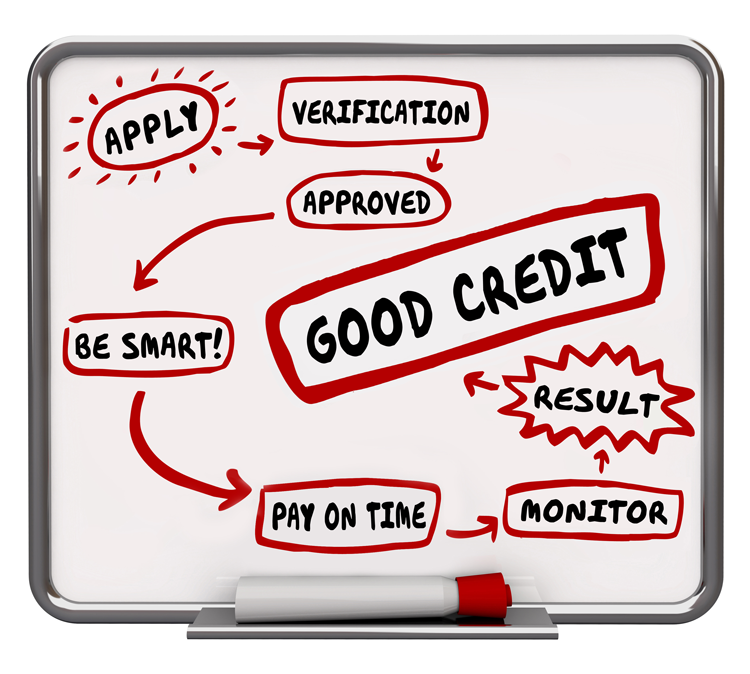Avoid Long-Term Credit Damage
TLDR: Small actions like monitoring your credit utilization and avoiding missed payments can help improve your credit score over time.
While a single missed or late payment on a credit card or loan won’t destroy your credit score, it doesn’t take much to negatively impact your credit rating, and the damage can be long-lasting. Damage to your credit score can last for as long as seven years, or ten years in the case of bankruptcy. Because a poor credit score can be extremely costly, translating to higher interest rates for credit cards and loans, it is important to take steps to proactively manage your credit.
Simple Ways to Boost Your Credit Score
Here are a few simple steps you can take that may help improve your credit:
- Avoid spending up to your credit limit, as this is something the credit rating agencies look at when determining your credit score. Using anything more than 50% of your credit limit will negatively impact your credit score.
- Put payments for credit cards and loans on auto-pay to avoid the possibility of being late with or missing a payment –which can not only harm your credit rating but also trigger hefty late fees and penalty fees.
- If you don’t have the ability to maintain significant financial reserves, consider switching payments for things such as utilities to equal payments for any 12-month period.
- If bad credit has kept you from getting a traditional credit card, check out pre-funded or secured credit cards, the first of which can be pre-loaded with money, while the latter requires a deposit that can be drawn against in the event that you don’t pay the bill on time.
- Make sure to keep your oldest credit cards open –even if other cards have better interest rates, as the length of time that you have used credit comprises 15% of your individual credit score.
- Make sure to clear up any outstanding bills or balances, as debts that are reported to a collection agency can keep you from being able to get credit in the future.
- Be sure to inform your creditors if you change your name due to a marriage, divorce, etc. Failing to keep your name updated can create inaccuracies in your credit report that can be difficult to clear up down the line.
- Be careful not to apply for too many credit cards or loans, as every time you do so it generates an inquiry on your credit report and multiple inquiries can hurt your score because they are interpreted as a red flag that there may be past problems with your credit history.

